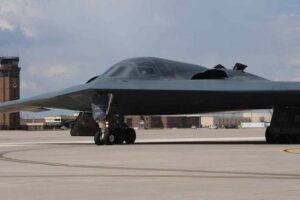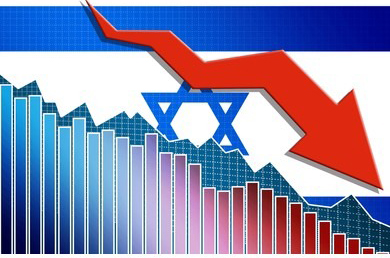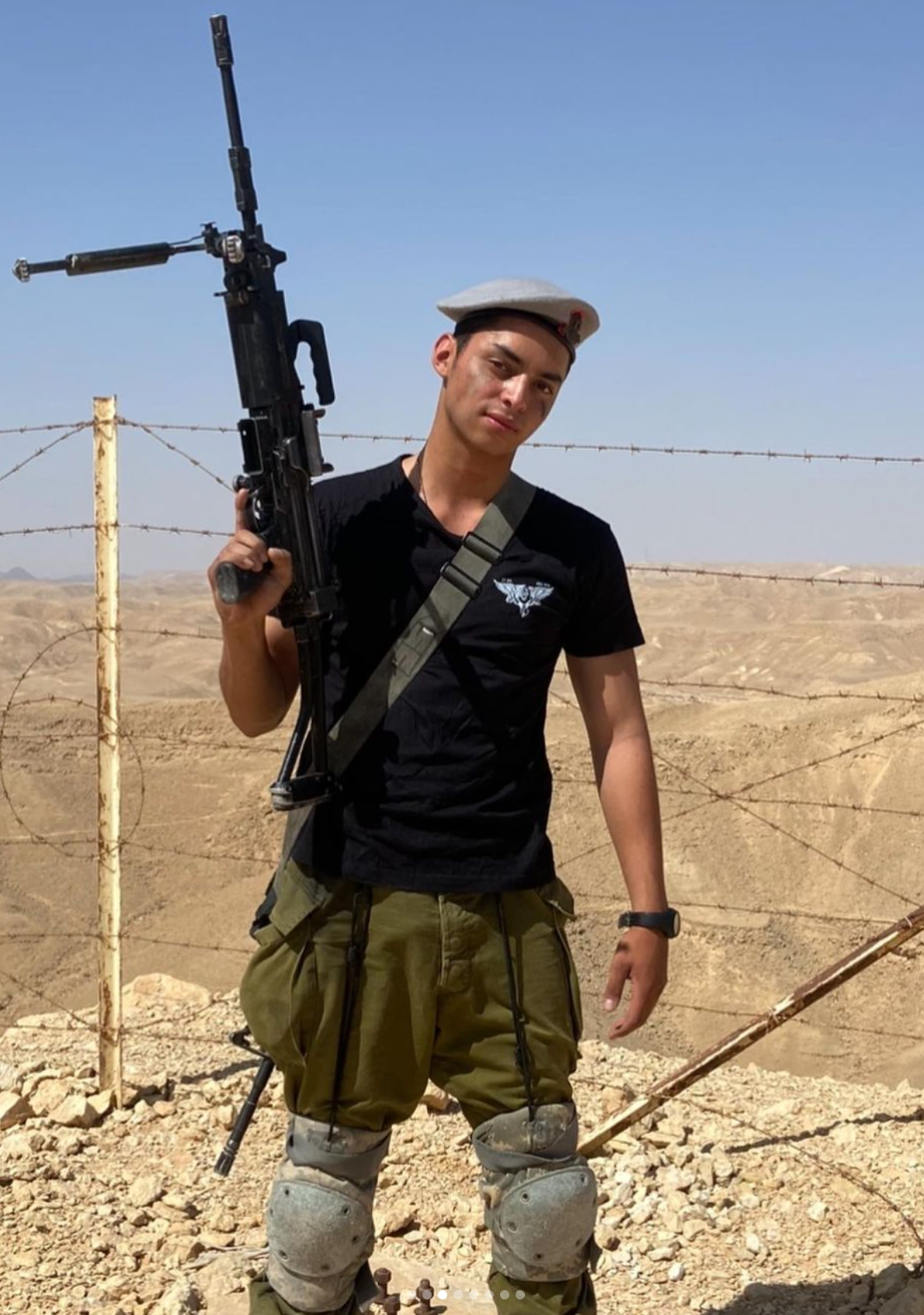Two leading Middle East experts analyze escalating tensions in the region following Hezbollah’s appointment of Naim Qassem as Secretary-General, the intensification of Israeli strikes on Iranian facilities, and the ongoing conflict in Gaza…
Hezbollah’s Leadership Shift: Strategic Adaptations Amid Escalating Tensions
Following the assassination of Hassan Nasrallah in an Israeli airstrike last month, Naim Qassem has stepped in as Hezbollah’s new leader. Qassem, 70, assumes control during a period of heightened hostilities.
Professor Mohammad Marandi views this shift as part of Hezbollah’s strategic response to Israel’s targeted attacks, especially after Hashem Safieddine, Nasrallah’s intended successor, was also killed in a recent Israeli operation.
Marandi suggests that Hezbollah’s recalibrated leadership structure may rely on lesser-known figures to increase security and counter Israeli intelligence efforts.
Israel’s Expanding Operations: From Gaza to Iran’s Defense Infrastructure
Scott Ritter provided a sobering assessment of the current crisis in Gaza, where Israeli ground forces have struggled against a resilient Hamas.
Describing the toll on Israeli forces, Ritter pointed to a “devastating impact on morale” as Hamas continues to resist. He was also critical of Israel’s strategic shifts, arguing that recent actions may undermine its longstanding image.
“Israel’s current operations lack both tactical clarity and ethical grounding,” Ritter remarked, warning of potential repercussions for Israel’s reputation globally.
Meanwhile, Israeli airstrikes on Iran’s defense facilities have sparked conflicting narratives about the impact.
Ritter, a former battle damage assessment officer, emphasized the difficulty in gauging the effectiveness of these strikes.
“Despite claims of damaging Iran’s defenses, much of its infrastructure remains fortified underground,” he explained, suggesting that Israel’s actions are more psychological than strategic, aimed at projecting strength rather than achieving substantial military gains.
Marandi concurs, noting that Iran’s minimal public response reflects confidence in its resilience.

U.S. and Yemen: Houthi Resistance Signals Rising Iranian Influence
In Yemen, U.S. B-2 bombers recently targeted Houthi-controlled facilities as part of its support for the Saudi-led coalition.
The swift retaliation by Houthi forces underscores their resilience, according to Marandi, who argues that the Houthis’ sustained capabilities signal the limitations of U.S. intervention.
“The Houthis’ response highlights the challenge for the U.S. in countering Iranian influence in Yemen,” Marandi noted, adding that Iran’s influence in Yemen remains a considerable factor in the conflict.
Emerging Regional Alliances: The Rise of BRICS and Waning Western Influence
In analyzing the broader regional impact, Ritter and Marandi note the growing significance of alliances involving Iran, Russia, and China.
Ritter pointed to recent condemnations of Israel by BRICS nations as a signal of shifting alliances and diminishing Western influence.
“The Middle East is moving away from the American North Star,” Ritter stated, citing how countries like Saudi Arabia and the UAE are exploring partnerships beyond traditional Western alignments. This “revolution against neo-colonialism,” Ritter argued, represents a new phase in regional politics.
Internal Fractures in Israel: A Nation Divided
Ritter also addressed Israel’s internal struggles, pointing to rifts exacerbated by recent conflicts and growing societal divisions.
“Israel is collapsing,” he remarked, referencing concerns voiced by Israeli officials about a potential civil war. Ritter sees these divides, coupled with the humanitarian crisis in Gaza, as contributing to Israel’s deteriorating position both domestically and internationally.
A Nuclear Crossroad: Calls for Denuclearization
As nuclear tensions heighten, Ritter expressed concerns over Israel’s nuclear capabilities, calling it “a rogue nation with no moral compass.”
He suggested that international pressure could potentially lead Israel to consider denuclearization. However, both experts remained skeptical about the political will to pursue this path, underscoring the possibility of prolonged regional instability.
Transformative Period for the Middle East
These insights from Marandi and Ritter depict a Middle East undergoing profound changes.
As alliances realign, the traditional power structures are being reshaped by emerging powers. Ritter’s remarks echo this transformation: “The Middle East is redefining itself, moving beyond Western influence toward a new balance of power.”
With Hezbollah’s leadership shift, Iran’s calculated resilience, and the shifting loyalties of Gulf states, the region’s future will be shaped by these evolving dynamics, marking a historic reshaping of the geopolitical landscape.




